

T-Mobille
CareLink
T-Mobille CareLink
Practices
AI Tools, Communication
Tools
Cursor, Colab, Firebase
T-Mobile aims to address the challenge of monitoring ACL recovery progress at-home by designing a tool for real-time monitoring and remote doctor support.
T-Mobile aims to address the challenge of monitoring ACL recovery progress at-home by designing a tool for real-time monitoring and remote doctor support.
Role
Product Designer
Time
Mar - Jun.2025
Practices
AI Tools, Communication
Tools
Cursor, Firebase, Colab
Practices
AI Tools, Communication,
Hardware & Software
What Makes This Project Unique?
There are three key aspects that make our project stand out.
There are three key aspects that
make our project stand out:


01 AI Tools Applied
Cursor is the AI tool we use most frequently, along with ChatGPT and Claude. After completing this project, I divided my AI usage experiences into two areas-coding and design. Below are my thoughts on these tools:
After completing this project, I divided my AI usage experiences into two areas-coding and design. Below are my thoughts on these tools:
Part 1#
Coding

Cursor
The main platform for building coding projects.
👍 1. Build both front-end and back-end frameworks
2. View and interact with various project files.
3. Auto mode selects suitable AI models.
👎 Occasionally deletes files, requiring careful validation before
accepting Cursor’s solution.

Using Cursor for Coding
The main platform for building coding projects.
👍 1. Build both front-end and back-end frameworks
2. View and interact with various project files.
3. Auto mode selects suitable AI models.
👎 Occasionally deletes files, requiring careful validation before
accepting Cursor’s solution.
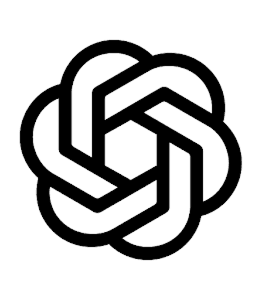
ChatGPT
Address logical and method issues.
👍 1. Strong understanding.
2. Provide good project logic suggestions.
👎 Cannot directly access or analyze the file structure,
requiring manual input, which can be time-consuming.
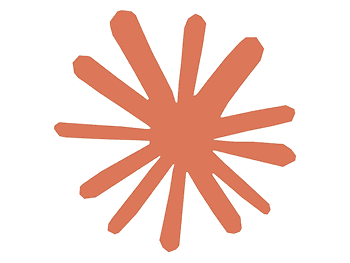
Claude
Mainly used to debug code.
👍 1. Excellent at debugging code.
2. Directly displays the corresponding visual interface for the
code, allowing interaction to check the results.
👎 Although it provides an interactive interface, it cannot execute
actual deployment.
Part 2#
Design
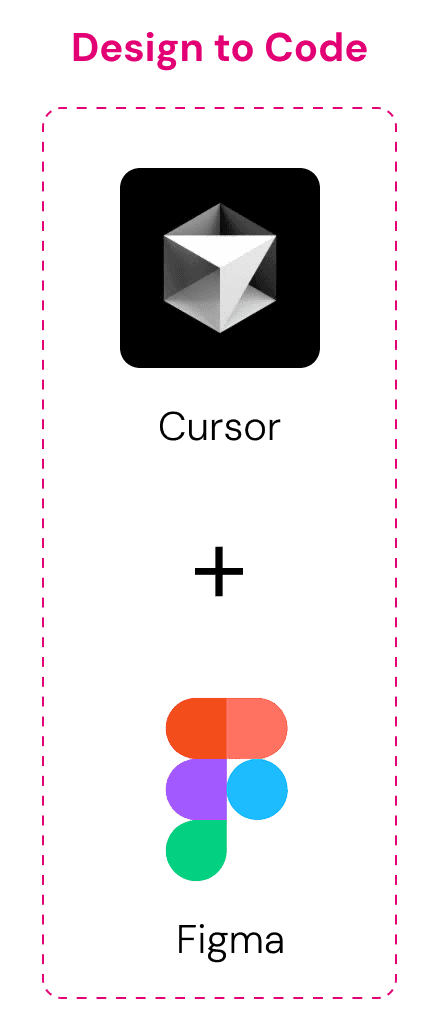
Using MCP and code, Cursor can communicate directly with Figma.
👍 Can transform Figma designs into code.
👎 Although Cursor can convert Figma designs into code directly,
the generated code often differs significantly from the original
design and requires extensive manual adjustments to be usable.

Just a prompt, Claude can generate an editable SVG file for Figma.
👍 Useful for brainstorming design ideas.
👎 The SVG files generated are not fully polished and require
significant manual adjustments.
Part 1#
Coding


Cursor
The main platform for
building coding projects.
👍 1. Build front-end and back-end works.
2. Interact with various project files.
3. Auto selects suitable AI models.
👎 Sometimes deletes files, requiring validation.


Using Cursor for Coding


ChatGPT
Address logical and method issues.
👍 1. Strong understanding.
2. Provide project logic suggestions.
👎 Cannot directly access or analyze the file structure, requiring manual input.


Claude
Mainly used to debug code.
👍 1. Excellent at debugging code.
2. Directly displays the corresponding visual interface for the code, allowing interaction to check the results.
👎 Though it provides an interactive interface, it cannot execute
actual deployment.
Part 2#
Design


Using MCP and code, Cursor can communicate directly with Figma.
👍 Can transform Figma designs into code.
👎 Code output may not match the original design and often needs further refinement.
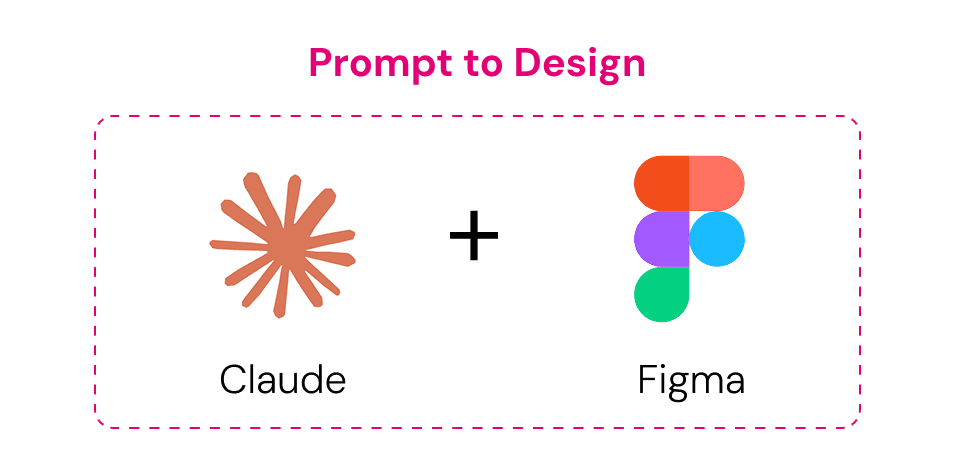

Just a prompt, Claude can generate an editable SVG file for Figma.
👍 Useful for brainstorming design ideas.
👎 The SVG files generated are not polished and require manual adjustments.
01 AI Tools Applied
Cursor is the AI tool we use most frequently, along with ChatGPT and Claude. After completing this project, I divided my AI usage experiences into two areas-coding and design. Below are my thoughts on these tools:
Part 1#
Coding


Cursor
The main platform for building coding projects.
👍 1. Build both front-end and back-end frameworks
2. View and interact with various project files.
3. Auto mode selects suitable AI models.
👎 Occasionally deletes files, requiring careful validation
before accepting Cursor’s solution.


Using Cursor for Coding


ChatGPT
Address logical and method issues.
👍 1. Strong understanding.
2. Provide good project logic suggestions.
👎 Cannot directly access or analyze the file structure,
requiring manual input, which can waste time.


Claude
Mainly used to debug code.
👍 1. Excellent at debugging code.
2. Directly displays the corresponding visual
interface for the code, allowing interaction to
check the results.
👎 Although it provides an interactive interface, it
cannot execute actual deployment.
Part 2#
Design


Using MCP and code, Cursor can communicate
directly with Figma.
👍 Can transform Figma designs into code.
👎 Although Cursor can convert Figma designs into
code directly, the generated code often differs
significantly from the original design and requires
extensive manual adjustments to be usable.


Just a prompt, Claude can generate an editable
SVG file for Figma.
👍 Useful for brainstorming design ideas.
👎 The SVG files generated are not fully polished
and require significant manual adjustments.
02 Stakeholder Communication
We closely collaborated with our sponsor T-Mobile, ACL recovery patients, and our instructors, which significantly enhanced our communication skills. Meanwhile, we received the guidance from UW. Below is our instructor team.
We collaborated with T-Mobile, ACL patients, and UW instructors, which greatly improved our communication skills.






Candice Boyd
Senior Manager, T-Mobile
Candice Boyd
Senior Manager,
T-Mobile
John Raiti
Associate Teaching Professor, UW
Luyao Niu
Assistant Teaching Professor, UW
Luyao Niu
Assistant Teaching Professor,
UW


Candice Boyd
Senior Manager, T-Mobile
STEP 1 Initial Discussion:
STEP 1 Initial Discussion:
Concept Development
🤝 Communication key point:
Communicated with T-Mobile via email and virtual meetings to confirm project direction
Introduced team members and shared early ideas
A clear understanding of sponsor expectations to guide concept development
🤝 Communication key point:
Synced with T-Mobile via email and virtual meetings to align on direction
Introduced team & shared early ideas
Clarified sponsor expectations to guide concept development



Email and online meeting
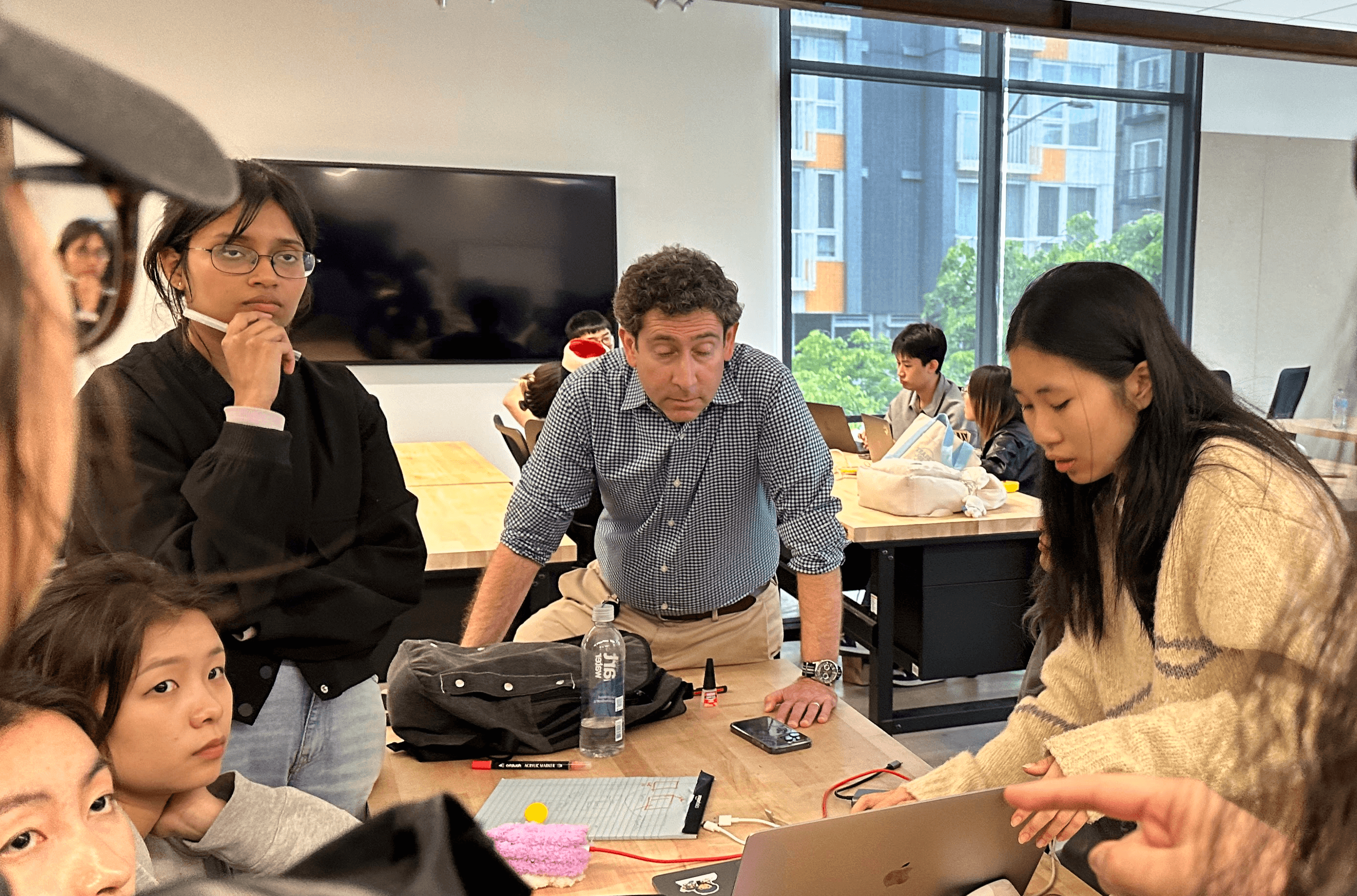


Discussion offline
Email and online meeting
Discussion offline
STEP 2 Millstone:
STEP 2 Millstone:
T-Mobile Visit and Project Update
🤝 Communication key point:
Shared research insights and design progress during the on-site visit
Collected valuable feedback from the sponsor to refine our direction


Group Photo with Sponsor
T-Mobile 5G Innovation Hub
STEP 3 Final:
STEP 3 Final:
Presentation and Real-Time Demo
🤝 Communication key point:
Presented our final solution and conducted a live demo
Explained our design decisions and responded to sponsor feedback
Discussed about future direction and next step
🤝 Communication key point:
Presented and conducted a live demo
Explained our design decisions and responded to sponsor feedback
Discussed about future direction
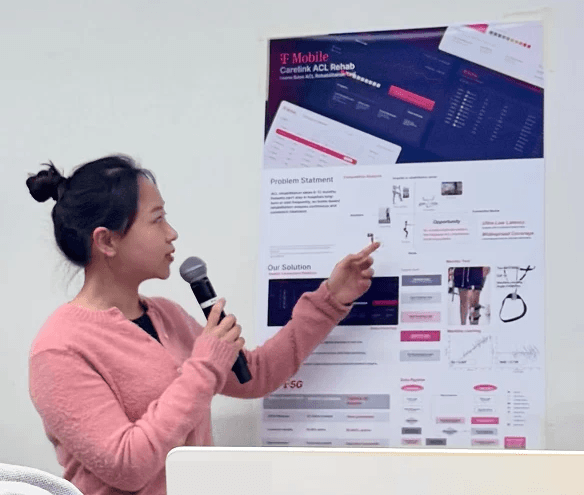



STEP 2 Millstone:
T-Mobile Visit and Project Update
🤝 Communication key point:
Shared research insights and design progress during the on-site visit
Collected valuable feedback from the sponsor to refine our direction


Group Photo with Sponsor
T-Mobile 5G Innovation Hub


I'm presenting!


Group Photo with T-Mobile Sponsor
I'm presenting!
Group Photo with T-Mobile Sponsor
03 Hardware & Software
We finished the project from brainstorming, designing, hardware setting and software connection. Here I showed some brief photos, if you're interested in the process, please send me an email, I will share more details with you :)


👭 Meet us#
Our Team
💡
Step 1#
Brainstorm
We iteratively developed a wearable knee brace with embedded IMU sensors.


DIscussion
Whiteboard Notes
Step 2#
Hardware
Design
Evolved from a bulky mechanical brace to a lightweight, sensor-integrated wearable
optimized for user comfort and mobility during ACL rehabilitation.
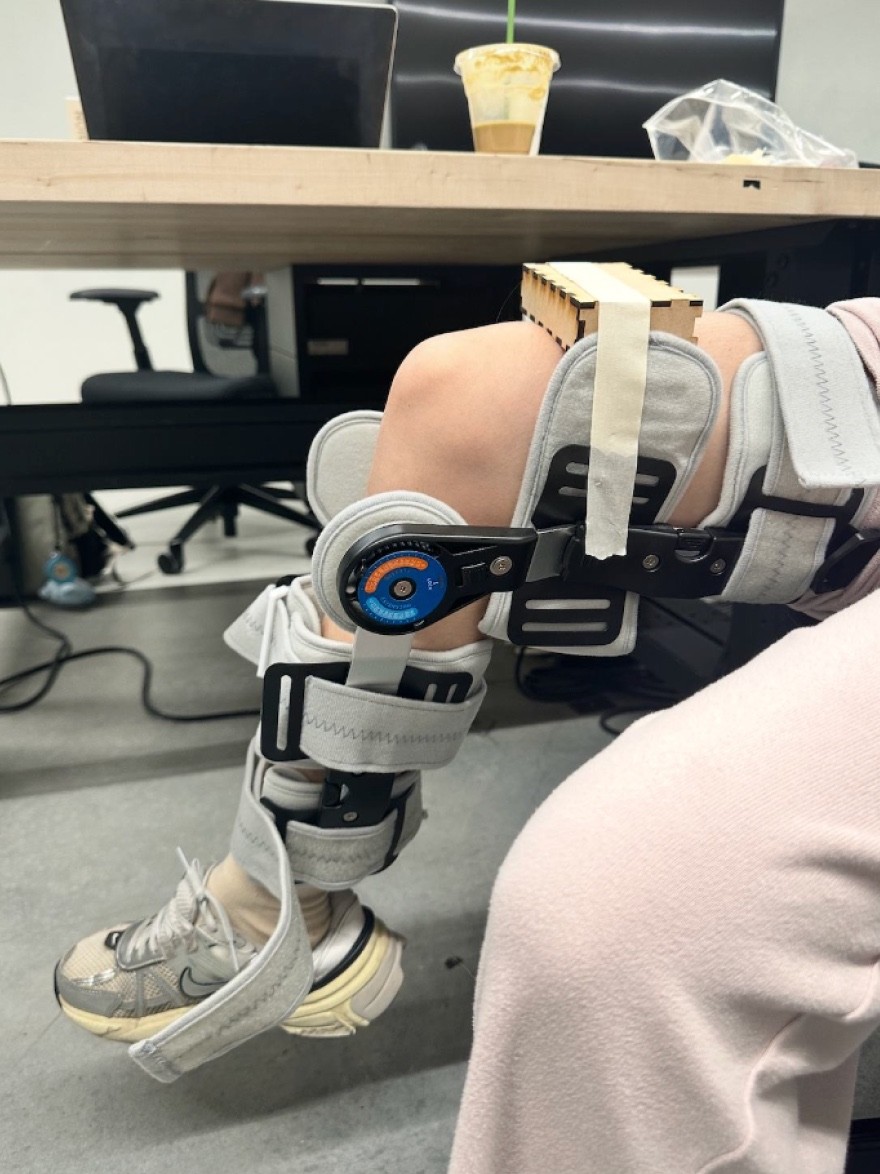


1st Design
2nd Design
3rd Design
Step 3#
Machine
Learning
A Random Forest Regressor was used to recommend personalized rehabilitation angle goals
based on each individual's specific condition.


Training Data Collection
Machine Learning Result
Step 4#
Software
Design
Live data from the knee is transmitted via microcontroller to a Firebase backend, then visualized on a web-based dashboard. The website was built with React and deployed online.

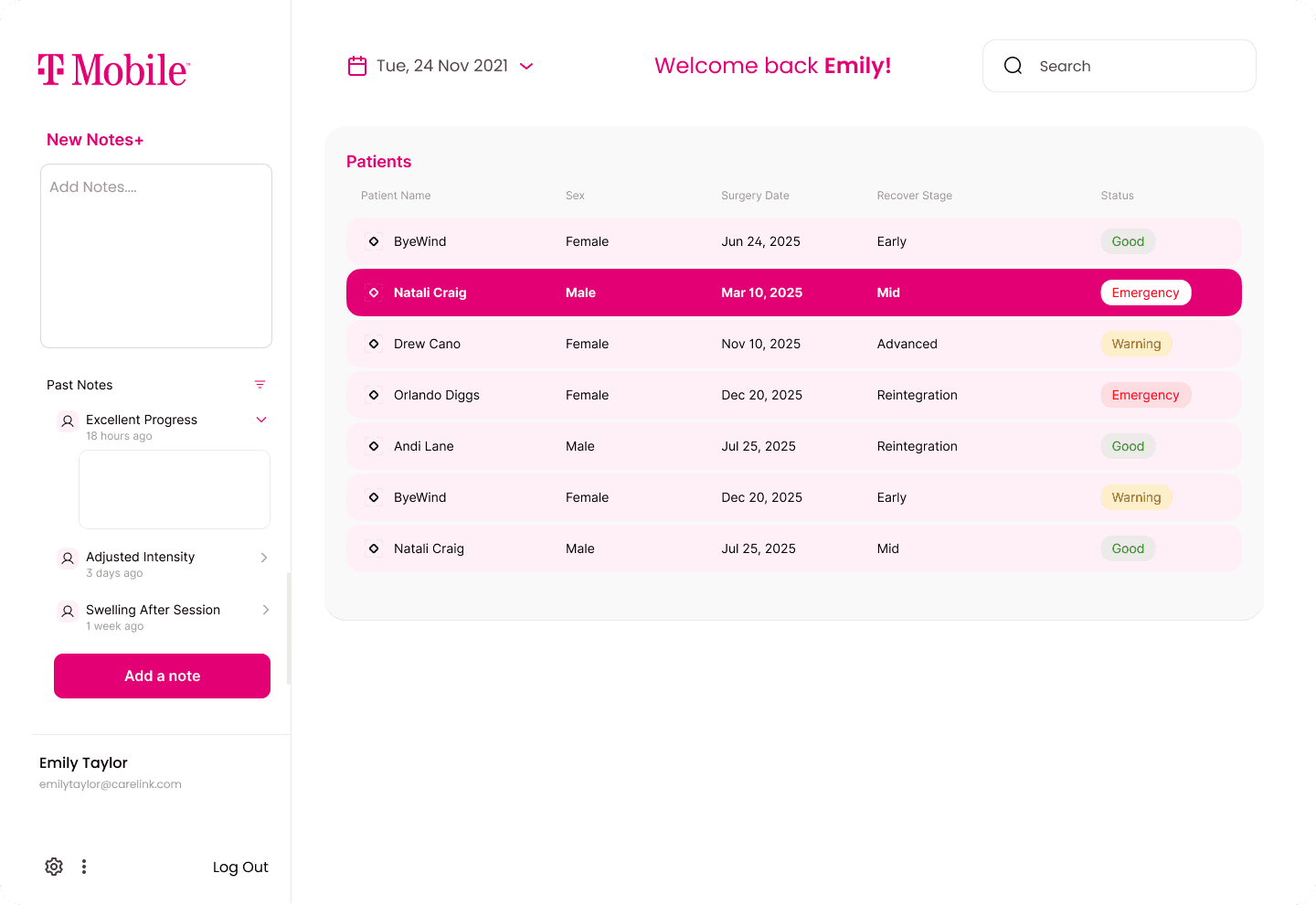
Patient Dashboard
Doctor Dashboard
👭 Meet us#
Our Team

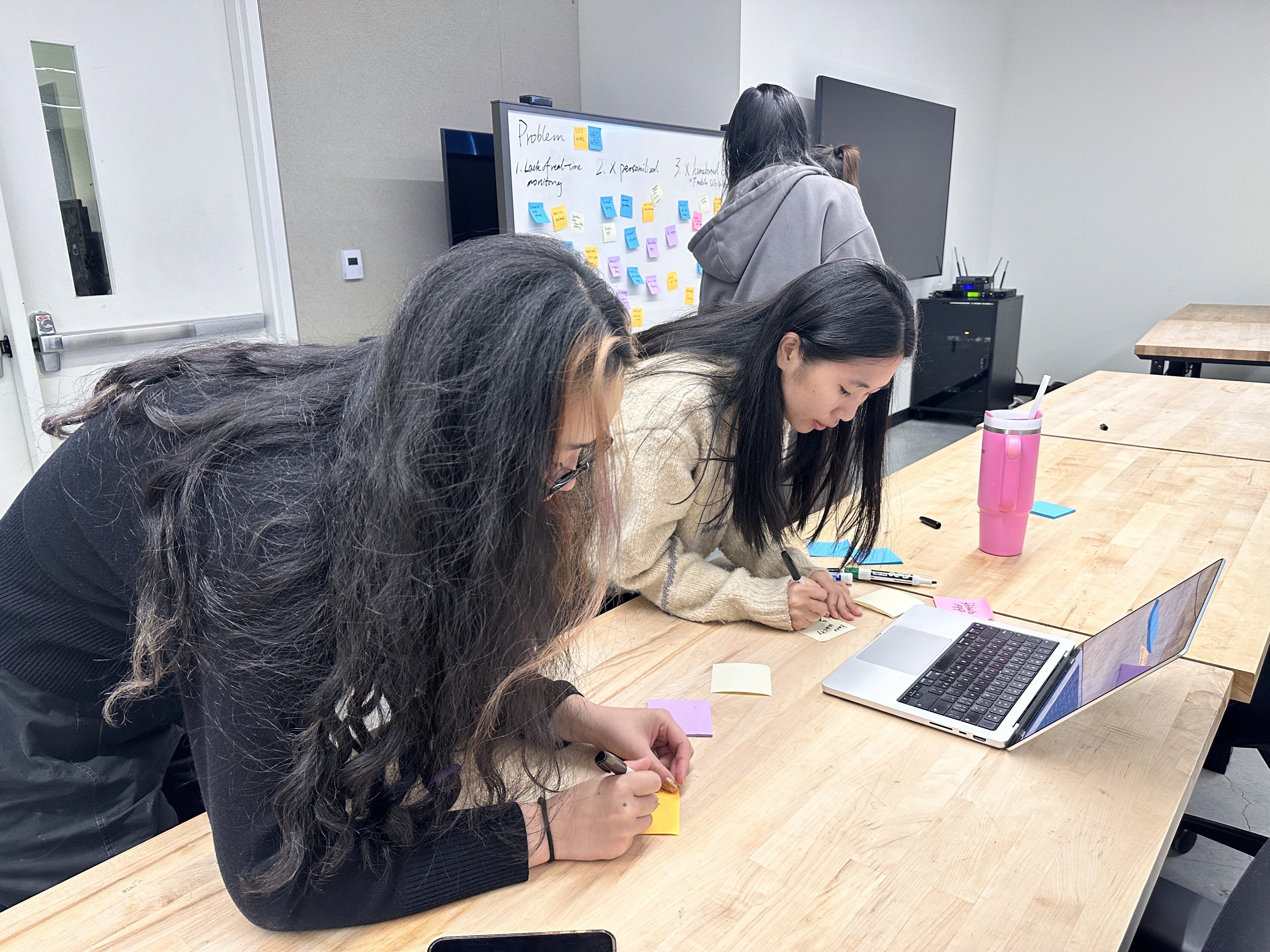
03 Hardware & Software
We finished the project from brainstorming, designing, hardware setting and software connection. Here I showed some brief photos, if you're interested in the process, please send me an email, I will share more details with you :)
💡
Step 1#
Brainstorm
We developed a wearable knee brace with embedded IMU sensors.




Discussion
Whiteboard Notes
Step 2#
Hardware
Design
Evolved from a bulky mechanical brace to a lightweight, sensor-
integrated wearable optimized for user comfort during ACL rehabilitation.






1st Design
2nd Design
3rd Design
Step 3#
Machine
Learning
A Random Forest Regressor was used to recommend personalized
rehabilitation angle goals based on each individual's specific condition.




Training Data Collection
Machine Learning Result
Step 4#
Software
Design
Live data from the knee is transmitted via microcontroller to a Firebase backend, then visualized on a web-based dashboard. The website was built with React and deployed online.




Patient Dashboard
Doctor Dashboard
👭 Meet us#
Our Team




Next Projects
Next Projects
InsightStream
Efficiency Tool
TuSimple
Design System


